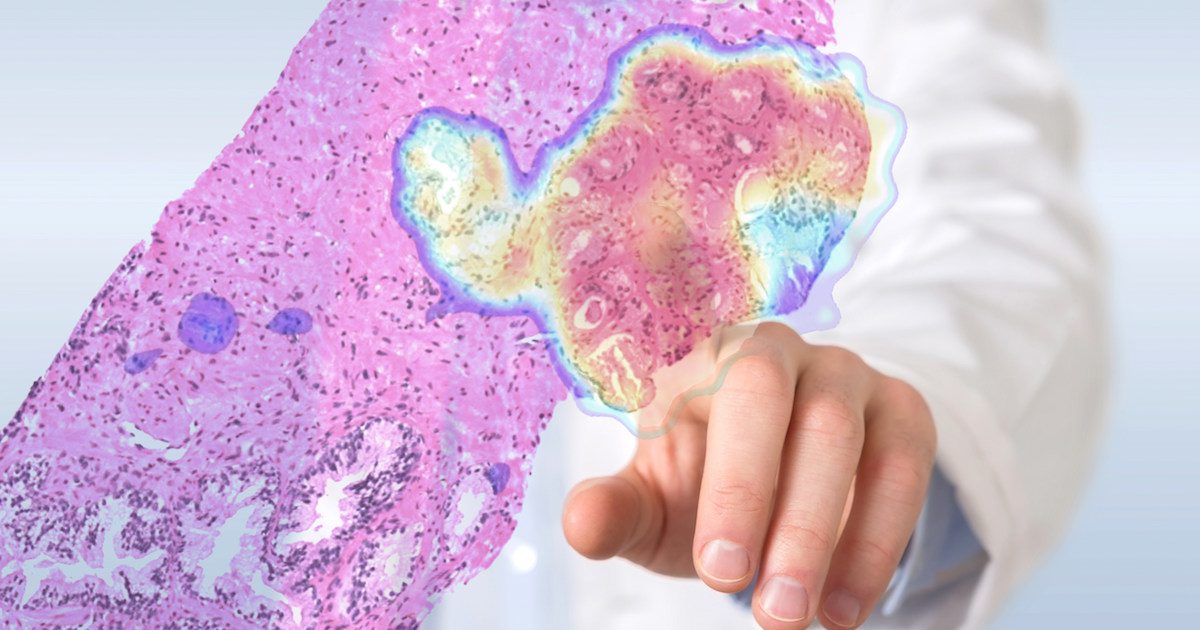BMJ Open published a cross-sectional study comparing the use of Artificial Intelligence (AI) and psychiatric studies to measure psychological distress among workers.
Psychological discomfort is a problem that, as explained by the authors of the study carried out in Tsukuba Science City, in Japan, must be addressed in the field of occupational health. Their study aimed to use AI to predict psychological distress among workers. In this, sociodemographic, lifestyle and sleep factors were taken into account, not subjective information such as mood and emotions. The results of the psychiatrists were compared with the AI models.
The study analyzed data from 7,251 workers. The AI model based on a neural network, calculated the precision, sensitivity and specificity. Furthermore, the six participating psychiatrists used the same data as the AI model for the prediction of psychological distress.

"An artificial intelligence model was created to predict psychological distress and then the results were compared in terms of accuracy with predictions made by psychiatrists," the authors explain.
The results for the IA model accuracies in predicting moderate psychological distress were 65.2% and the psychiatrists' accuracies were 64.4%, so there were no significant differences. However, the accuracy of the AI model to predict severe psychological distress was 89.9%, against 85.5% for psychiatrists, so the AI in this case had a significantly higher accuracy.
“A machine learning model was successfully developed to assess workers with depressed mood. The explanatory variables used for the predictions did not ask directly about mood. Therefore, this newly developed model appears to be able to predict psychological distress among workers easily, regardless of their subjective views," the researchers concluded.
Consult the investigation in the following link: https://bmjopen.bmj.com/content/11/6/e046265






